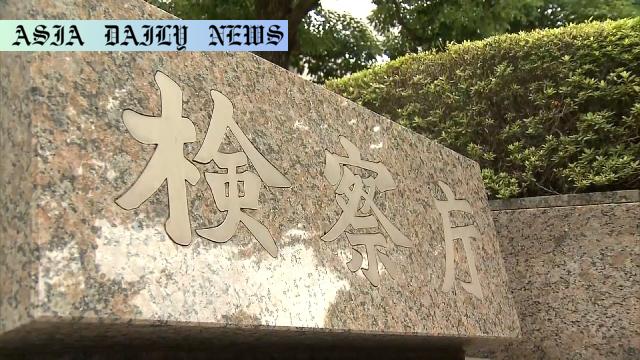Prosecutors drop charges against Tokyo police officer over destroyed public documents despite citizen panel’s concern.

Background on the Case
The Tokyo prosecutors’ decision to drop charges against a police officer accused of document destruction has sparked controversy and public concern. The officer, part of an investigation involving three executives from Ohkawara Kakohki – a Yokohama-based chemical machinery firm – was alleged to have destroyed public documents tied to the wrongful indictment of the company on illegal export charges in 2020. While the executives were exonerated, doubts over the handling of the evidence remain unresolved.
Citizen Panel’s Intervention
Earlier this year, citizens from a prosecution inquest panel concluded that the non-indictment of the officer was unjust. They boldly underscored that there were grounds for pursuing charges of both document destruction and the creation of false public documents. This intervention elevated the case’s importance, showing an alignment of public interest with a demand for accountability among law enforcement personnel.
Second Non-Indictment Decision
The Tokyo District Prosecutors’ Office recently re-evaluated the matter but, citing insufficient evidence, again opted not to prosecute the officer. The revelation was announced just one day before the statute of limitations on document destruction charges expired. Prosecutors explained that they could not definitively establish intentional destruction of the documents, despite sustained public scrutiny and viewpoints from external legal experts.
Implications for Law Enforcement Transparency
Tiptoeing around transparency, this decision has stirred deeper concerns about accountability within Japan’s law enforcement system. Attorney Takada Tsuyoshi, representing Ohkawara Kakohki, expressed discontent with prosecutors ignoring the panel’s recommendations. He emphasized the gravity of dismissing the advisory citizen body in a case that profoundly symbolizes the relationship between public trust and law enforcement ethics. With investigations continuing regarding false document creation, questions on institutional accountability remain.
Broader Legal and Public Reactions
Japan’s legal system has faced increased scrutiny in recent years, as cases like this one highlight gaps in justice and transparency. The decision has rekindled the long-standing debate surrounding accountability of public officials in matters where misconduct allegations and professional integrity collide. Moving forward, justice advocates urge for more transparent measures and institutional reforms that align prosecutorial processes with public trust demands.
The spotlight on this case serves as a reminder of the critical balance between authoritative discretion and public accountability. As Japan grapples with increasingly higher citizen expectations of justice, there will likely be continued dialogue over prosecutorial ethics and law enforcement accountability.
Commentary
Prosecutorial Challenges in Complex Cases
The Tokyo prosecutors’ decision highlights a fundamental challenge within any legal system: how to balance evidentiary standards with public accountability. In cases as multilayered as this, involving allegations of wrongdoing by law enforcement officers, public perception and institutional reputation often clash. The prosecutors’ rationale of insufficient evidence may be legally sound, but it certainly does not sit well with a public demanding greater transparency and justice. Ultimately, it underscores how gaps in evidence can hinder what might otherwise seem like an obvious pursuit of accountability.
The Role of Citizen Panels in Justice
The involvement of a prosecution inquest panel composed of randomly selected citizens added an interesting dynamic to this case. These panels, designed to ensure public representation in the judicial process, bring an essential external perspective to cases that might otherwise be settled internally. The panel’s conclusion that the officer’s non-indictment was unjust sends a powerful message about public dissatisfaction with the current system. However, their recommendations are advisory rather than binding, leaving prosecutors with the final call—a structural limitation that needs more attention.
Implications for Public Trust
Trust in Japan’s legal and law enforcement institutions hinges on perceptions of fairness and accountability. Cases like this one risk eroding that trust, particularly when they involve allegations against individuals who are supposed to uphold the law. The decision to drop charges, while framed as a necessary result of insufficient evidence, appears to many as a failure to administer justice effectively. Moving forward, Japan must address these public concerns through reforms that prioritize transparency, strengthen the role of citizen panels, and ensure accountability among public officials.
Ultimately, this incident serves as a critical moment for reflection within Japan’s legal landscape. A meaningful resolution, whether through systemic change or more thorough investigative practices, is essential for repairing trust and strengthening the integrity of the justice system.


